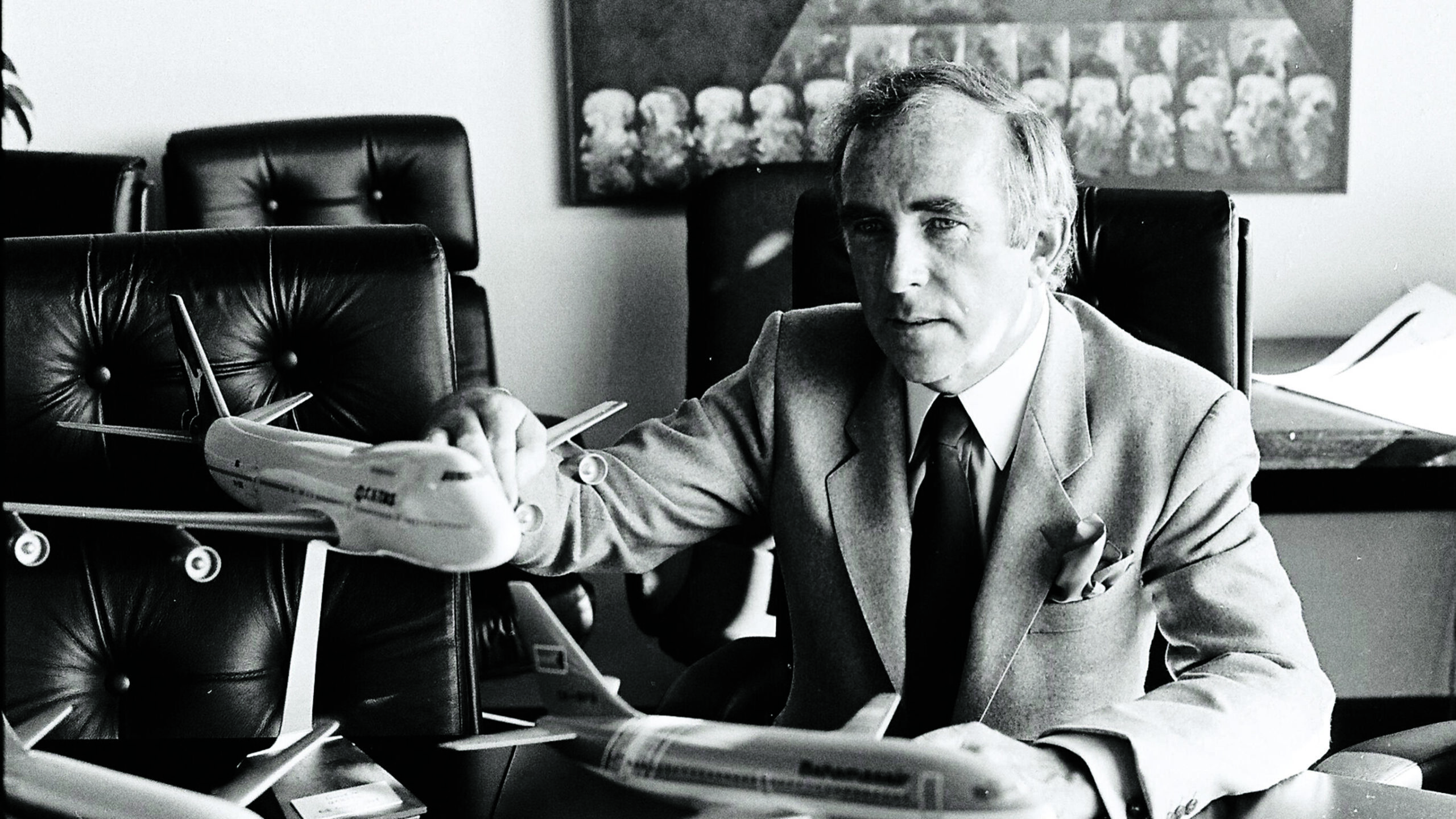Introduction to Ryanair’s Trailblazing Journey
Ryanair, a name synonymous with affordable travel across Europe, marks its 40th anniversary this year. Founded in 1984 by Tony Ryan, the Irish airline has transformed from a modest operation into one of the continent’s leading carriers. Matt Cooper, a celebrated journalist and author, sheds light on this impressive journey in his latest analysis, emphasizing how Ryanair not only revolutionized air travel but also paved the way for Irish businesses on the global stage.
The story of Ryanair is a testament to the power of innovation and strategic market disruption. Under the leadership of charismatic CEO Michael O’Leary, who took over in 1994, Ryanair redefined the aviation landscape. By adopting the low-cost business model, the airline enabled millions of people to travel across Europe at unprecedented low fares, challenging traditional carriers and reshaping customer expectations.
Cooper highlights the strategic moves Ryanair made early on, like focusing on secondary airports for reduced landing fees and rapid turnaround times. This approach not only cut costs but also increased the frequency of flights, a cornerstone of Ryanair’s value proposition to its customers. The impact of these innovations was profound, not just on consumers but also on the broader aviation industry, which had to adapt to keep pace with Ryanair’s growth.
Ryanair’s Impact on the Irish Economy and Beyond
The rise of Ryanair has had a significant ripple effect on the Irish economy. By offering low-cost routes, Ryanair has increased tourism and mobility, which in turn has boosted local economies across Europe. Matt Cooper discusses how this growth has supported thousands of jobs, both directly and indirectly, and has been vital in making Ireland a gateway to Europe.
Moreover, Ryanair’s international success story has served as a benchmark for other Irish companies aspiring to reach global markets. Cooper points out that Ryanair’s aggressive expansion and bold business strategies have demonstrated that Irish firms can compete on a large scale, breaking the glass ceiling that often limits smaller market entrants.
The airline’s influence extends beyond economics; it has changed the cultural perception of travel within Europe. Cooper elaborates on how Ryanair has made international travel a regular part of European life, thanks to its affordable pricing model. This democratization of travel has fostered greater cultural exchange and understanding among European citizens.
Challenges and Controversies in Ryanair’s Ascent
Matt Cooper does not shy away from discussing the numerous challenges and controversies that have marked Ryanair’s ascent. The airline’s aggressive cost-cutting measures, while successful in keeping fares low, have often led to public disputes with unions over labor practices and criticism over customer service.
The discussion includes high-profile incidents that have stirred media attention and called for regulatory scrutiny. Yet, Cooper posits that each challenge has also been an opportunity for Ryanair to refine its strategies and operations. He uses these instances to delineate the balance between cost management and quality service in the low-cost airline industry.
Furthermore, environmental concerns regarding low-cost flying have emerged as significant hurdles in recent years. Ryanair has responded with commitments to greater fuel efficiency and reductions in carbon emissions, which Cooper evaluates in terms of both their environmental impact and their influence on brand perception.
Ryanair’s Role in Global Aviation and Irish Business Prestige
As Ryanair celebrates its 40th year, its role in global aviation and as a standard-bearer for Irish business prestige is undeniable. Matt Cooper examines how Ryanair’s business model has influenced other industries, promoting a culture of innovation and competitiveness.
The success of Ryanair has not only elevated Ireland’s position in global commerce but has also inspired a generation of Irish entrepreneurs and business leaders. The airline’s trajectory serves as a case study in overcoming operational and regulatory challenges while scaling dramatically.
Cooper’s analysis also touches on the strategic leadership under Michael O’Leary, whose often controversial but undeniably effective approach has led Ryanair through various phases of growth and challenge, securing its place in the annals of transformative businesses.
Looking to the Future: Ryanair’s Next Forty Years
What does the future hold for Ryanair? In his concluding remarks, Matt Cooper speculates on the possible directions Ryanair might take as it navigates the evolving landscape of global aviation. The discussion delves into innovations in airline technology, sustainability practices, and potential market expansions.
As environmental regulations become stricter and consumer preferences continue to shift towards sustainability, Ryanair’s ability to adapt will be crucial. Cooper suggests that Ryanair’s commitment to sustainability will likely intensify, with increased investments in cleaner technology and more efficient operational practices.
Finally, Cooper reflects on the potential for Ryanair to lead in the digital transformation of the airline industry, from enhancing customer service with AI and machine learning to streamlining operations with advanced analytics. The journey ahead is as promising as it is challenging, and Ryanair appears ready to take on the next forty years with the same boldness that characterized its past.









